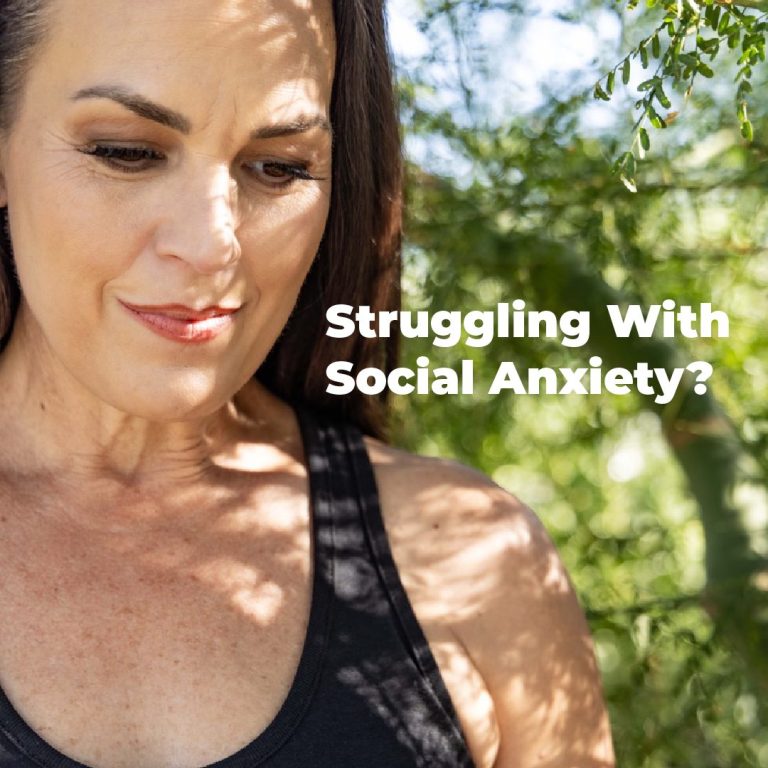I’m not a fan of networking events. Which is funny because I am a true extrovert. I thought I might not be as extroverted as I once was because now I know that I MUST have ample alone time to think, write, and recharge for my brain to function. And my favorite place to be is in my home office with yoga pants on and my hair in a bun. However – same coin different sides – I love people and I get super charged up when I get to talk to other women and hear all about them. That’s the definition of an extrovert as it turns out. Extroverts gain energy when they’re around people. Introverts still may enjoy a good meet-up with friends, but they will feel their energy depleted instead of increasing.
This extrovert had a Chamber of Commerce social event a couple of weeks ago. And since networking isn’t my favorite, I’ve installed systems to make myself go. I’ve already paid my Chamber dues, and I’ve already signed up for several events. They’re all on my calendar so I can keep the promises I made to myself. I know networking is valuable, and I’ve met incredible people at events already. I also want to meet other business owners in my town, and, I still never want to go. The whole week leading up to it I was dreading getting ready, annoyed with the amount of time it takes to do my hair and makeup. (not that anyone says hair and makeup are required, but I’m pretty sure yoga pants are discouraged.  )
)
I’m playing out possible scenarios in my mind: walking up to strangers, thinking of something to say after everyone answers the “What do you do?” question. I’m dreading walking into the place not knowing anyone, and I even brought a guest! We drove together! I wasn’t even walking into a room not knowing anyone.

Our brains can play havoc with us. But we can also transform those thoughts into ones we WANT: thoughts that will help us be excited about making new connections, and new friends, growing our self-confidence, and reaching our goals.
Social anxiety is, sadly, incredibly common and affects millions of people worldwide. It can manifest in various situations, from everyday interactions to more formal gatherings. Which can lead to feelings of fear, self-consciousness, and avoidance. Those thoughts try to convince us to stay home when we know logically that being around humans is what we absolutely must have to thrive. While the causes of social anxiety are complex and can be multifaceted, your subconscious mind always knows the specific root cause of your particular issue, including anxiety!
Causes of Social Anxiety:
- Genetics: Research suggests that genetics play a significant role in predisposing individuals to social anxiety. But what does that mean? You had adults around you who struggled with social anxiety and as children, we are constantly downloading everything we see and hear around us, modeling others’ behavior. People with a family history of anxiety disorders are more likely to develop social anxiety themselves. But that doesn’t mean that you have to just “live with it” for the rest of your life.
- Brain Chemistry: Imbalances in neurotransmitters, such as serotonin and dopamine, may contribute to the development of social anxiety. These chemicals play a crucial role in regulating mood and emotions, and disruptions in their levels can lead to increased anxiety. Modern medicine can be a Godsend, and, we can do so many things to naturally boost those dopamine and serotonin levels (being around someone you love is one of those things.)
- Environmental Factors: Traumatic or negative experiences in social settings, such as bullying, rejection, or even a negative comment from a grade-school teacher or friend, can significantly impact our perception of social interactions. These experiences may create lasting core beliefs about others and ourselves, but we might not be conscious of them because our core beliefs are lodged in the subconscious.
- Cognitive Patterns: Negative thought patterns and beliefs about yourself and social interactions can reinforce feelings of inadequacy and fear. Constantly worrying about being judged or embarrassed in social situations can exacerbate social anxiety symptoms (spoiler alert: you can change those!)
How RTT Can Help:
Rapid Transformational Therapy (RTT) is a revolutionary therapeutic approach developed by the brilliant Marisa Peer that aims to identify and then release the root cause of various issues, including social anxiety. If you struggle with social anxiety, here’s how RTT can help:
- Identifying Root Causes: (I know, I think I’ve said this twice now, but it’s important!) Utilizing hypnosis and regression, you can access your subconscious mind to uncover the underlying beliefs and experiences that contribute to your social anxiety. Once you’re able to understand the root cause of your specific issue, you can begin to release and reframe your negative beliefs.
- Changing Limiting Beliefs: When you do the detective work with me in your session, you can focus on rewiring the subconscious mind by replacing limiting beliefs with empowering ones. You can retrain any of your current perceptions that don’t serve you. For social anxiety, you can retrain your perceptions about meeting new people and feel excited about the possibilities and opportunities at networking events. You can retrain your perception of yourself and feel more calm and more confident. After the session, I send you a personalized recording that helps you reset your nervous system daily and strengthen positive beliefs about your worth, confidence, and social interactions.
- Building Self-Confidence: RTT helps you build self-confidence and resilience one day at a time by cultivating a deep sense of self-acceptance and worthiness. Through guided visualization and cognitive restructuring, individuals learn to reframe negative thoughts and cultivate a more positive self-image. If whatever you are currently saying about yourself is negative and destructive, it’s a lie. We ALL have developed negative limiting beliefs along this journey through life, but that doesn’t mean they are TRUE. We were led to believe those things as we were interpreting everything going on around us. When you do the detective work, you realize that well-meaning adults (and not-so-well-meaning-adults) have no control over how we interpret what they say and do. Two people can go through a similar experience and believe completely different things! This is the good news.
- Creating Lasting Change: Unlike traditional talk therapy, RTT aims to create rapid and lasting change by directly accessing the subconscious mind. Many of my clients experience significant improvements in their social anxiety symptoms after just a few sessions, with long-lasting results that allow you to remain calm and confident in a variety of settings, and most importantly, connect with people and enjoy yourself!
Enough about you. Back to me 🙂 That Chamber networking event turned out to be a blast! I got to see some friends, and I got to meet new friends! When we practice reframing and retraining our perceptions, we can open ourselves up to receive blessings, make connections, strengthen our relationships, and have more fun! I don’t know about you, but I want to have more fun! And I’d love it if you had more fun, too!
Rapid Transformational Therapy (RTT) has been such a blessing in my life, and it offers us a solution by addressing the root causes of our issues and empowering us all to transform our beliefs and behaviors.

With the right support and guidance, we can learn to thrive in social situations and lead fulfilling lives free from anxiety.
Wishing you lots of love and joy!
xo,
Karen


